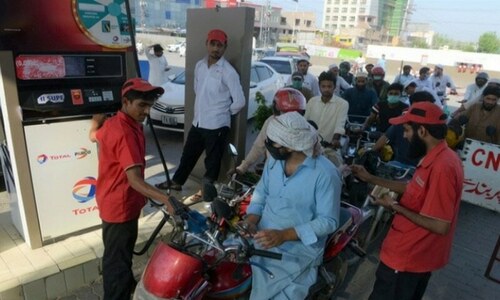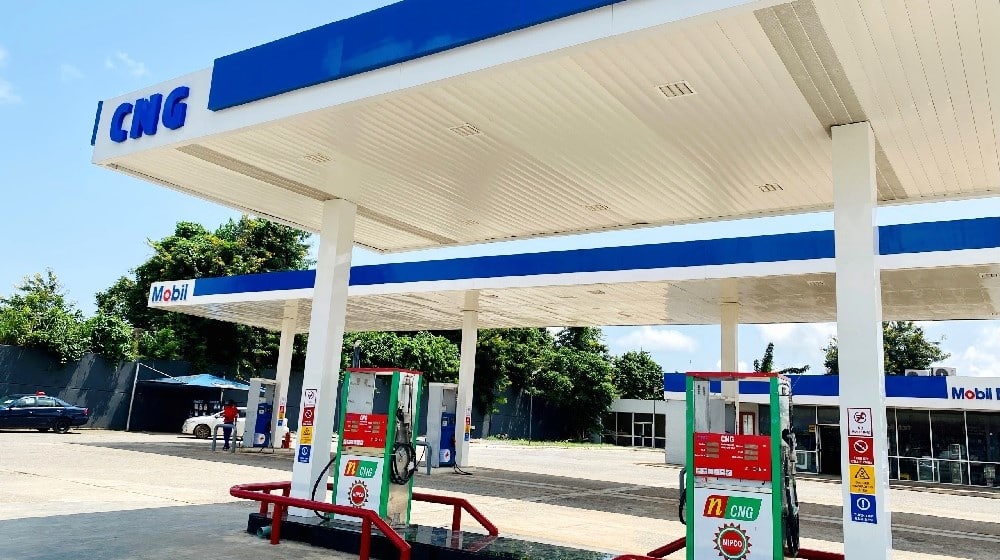Islamabad, January 1st, 2025 – Pakistan’s government has announced a petrol and HSD price hike for the fortnight ending January 15. In an official statement on Tuesday, the Ministry of Finance confirmed the price adjustments due to global market fluctuations.
Increase in Petrol and Diesel Prices
Effective immediately, the authorities have raised the ex-depot price of petrol by 56 paise, setting it at Rs255.66 per litre. This follows an increase from Rs252.10 in the previous fortnight. Similarly, the price of high-speed diesel (HSD) has been raised by Rs2.96 per litre, bringing the new price to Rs258.34 per litre, up from Rs255.38.
This price adjustment is expected to significantly affect the transport sector and the broader economy. Petrol, primarily used in private vehicles, motorcycles, and rickshaws, will directly affect the budgets of middle and lower-middle-class consumers. HSD, used in heavy vehicles and agricultural engines, will continue to drive inflation, especially in essential goods like vegetables and food items.
Taxation and Regulatory Framework
Both petrol and high-speed diesel are subject to high taxes. Currently, the government imposes around Rs76 per litre in taxes on these pet’roleum products. Although the GST on these fuels is zero, the government imposes a Rs60 per litre pet’roleum development levy on both petrol and HSD. In addition, a Rs16 per litre customs duty is charged on both products. Additionally, distribution and sales margins amount to around Rs17 per litre, benefiting oil companies and their dealers.

LPG Price Decrease in January Instead of petrol
In a surprising development, Liquefied Petroleum Gas (LPG) prices have seen a reduction. The Oil and Gas Regulatory Authority (Ogra) announced a decrease of Rs4.01 per kg, which equates to a 1.58% drop in LPG prices for January. This brings the price of an 11.8kg LPG cylinder to Rs2,953.36, compared to Rs3,000.79 in December.
LPG prices dropped due to a 2% cut in Saudi Aramco’s contract price and a 0.12% rise in the dollar exchange rate. These fluctuations, linked to the Saudi CP and exchange rate, directly impact consumer costs.

Impact of Oil Price Fluctuations on Pakistan’s Economy
Pakistan’s reliance on imported oil means that fluctuations in global oil prices significantly impact domestic fuel prices. The government adjusts petroleum prices regularly to reflect international market conditions. These adjustments also affect the broader economy, including transportation costs, agriculture, and food prices, ultimately influencing inflation rates.
Conclusion
As the government continues to respond to global oil price changes, consumers can expect continued adjustments in fuel prices. The latest increases in petrol and diesel prices, combined with a decrease in LPG rates, highlight the ongoing challenges of managing petroleum prices in Pakistan.
For more updates on fuel prices and their impact on the Pakistani economy, stay tuned to official announcements from the Ministry of Finance and the Oil and Gas Regulatory Authority (Ogra).








